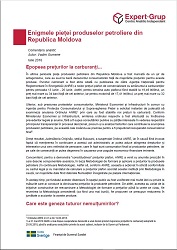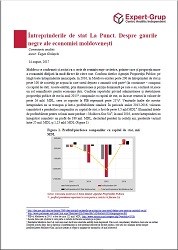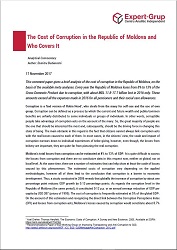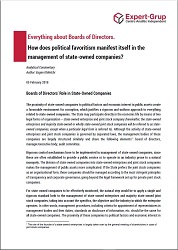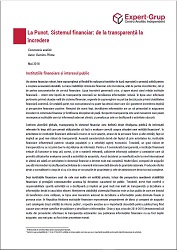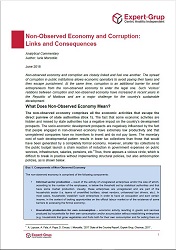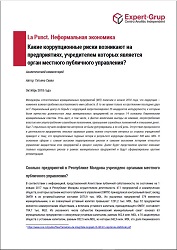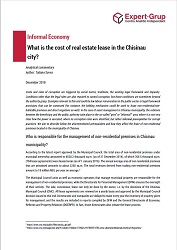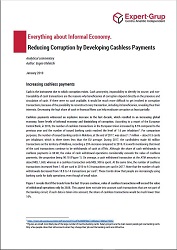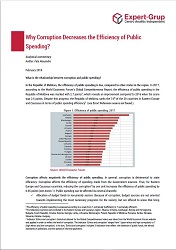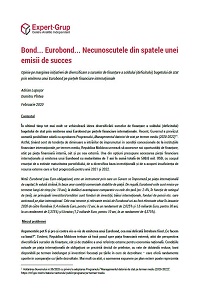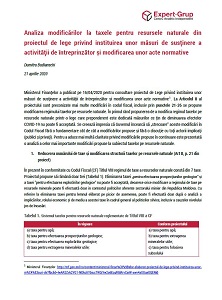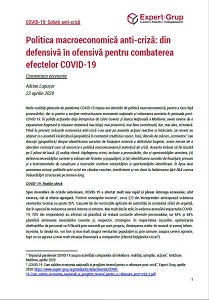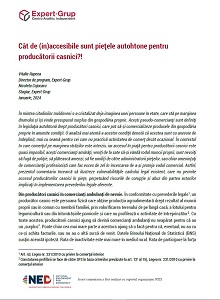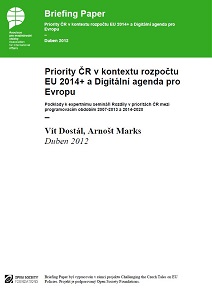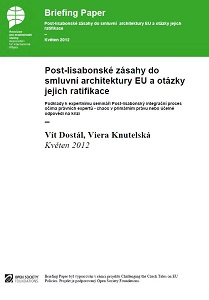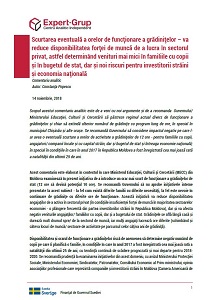
The eventual shortening of the operating hours of kindergartens – will reduce the availability of the labor force to work in the private sector, thus causing lower incomes for families with children and for the state budget, but also new risks for fo
Scurtarea eventuală a orelor de funcționare a grădinițelor – va reduce disponibilitatea forței de muncă de a lucra în sectorul privat, astfel determinând venituri mai mici în familiile cu copii și în bugetul de stat, dar și noi riscuri pentru investi
Keywords: kindergartens in Moldowa;
The purpose of this analytical commentary is to come up with new arguments and to recommend to the Government/Ministry of Education, Culture and Research to keep the current diverse operating regime of kindergartens and even expand later the number of kindergartens with a long schedule of hours, especially in the municipality Chisinau and other cities. It is recommended to the Government to consider the negative impact that a possible shortening of the activity hours of kindergartens by 12 hours would have - for families with children, local employers/companies and foreign capital, but also the state budget and the entire national economy; especially in the conditions where in 2017 the lowest birth rate in the last 25 years was recorded in the Republic of Moldova.
More...
